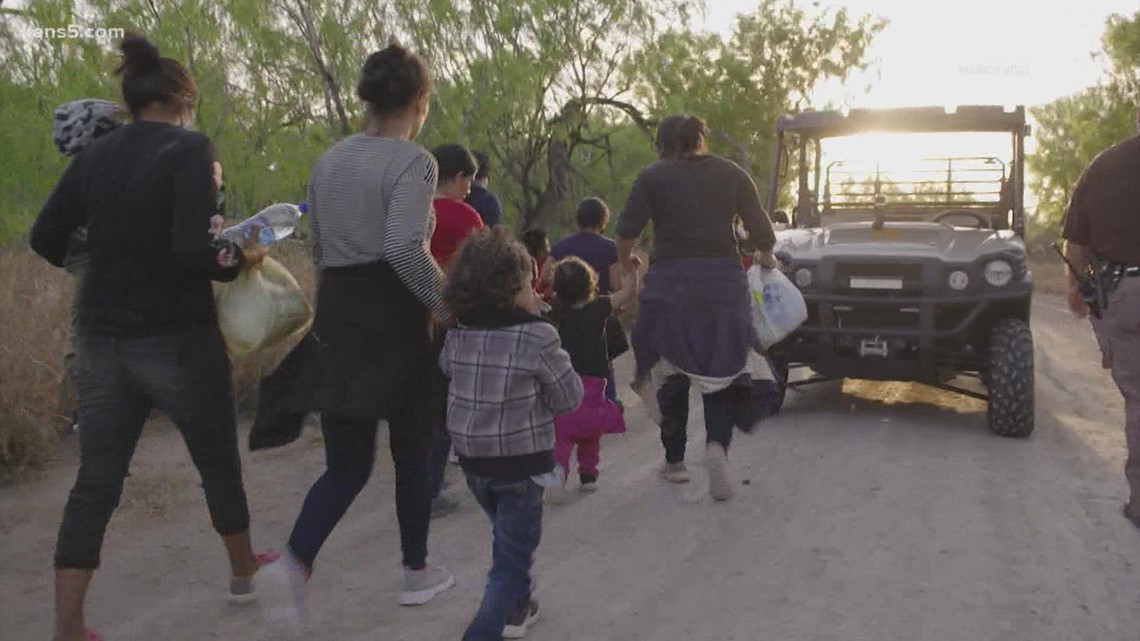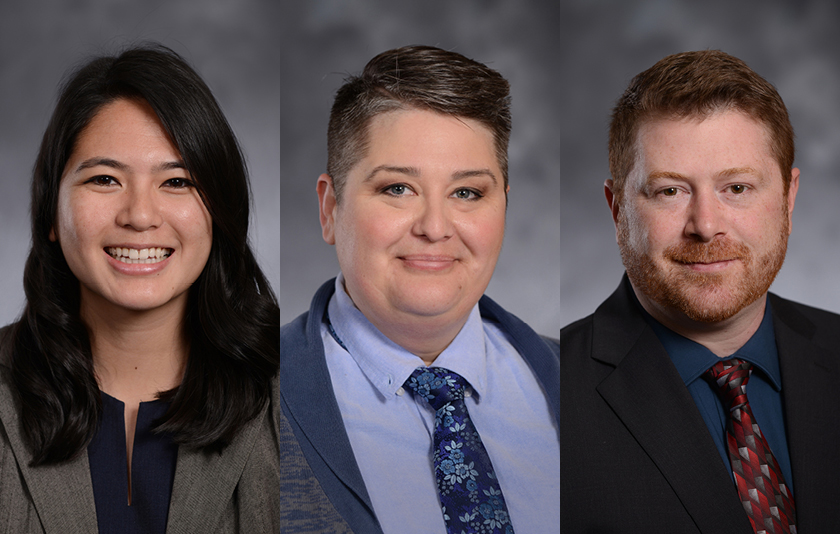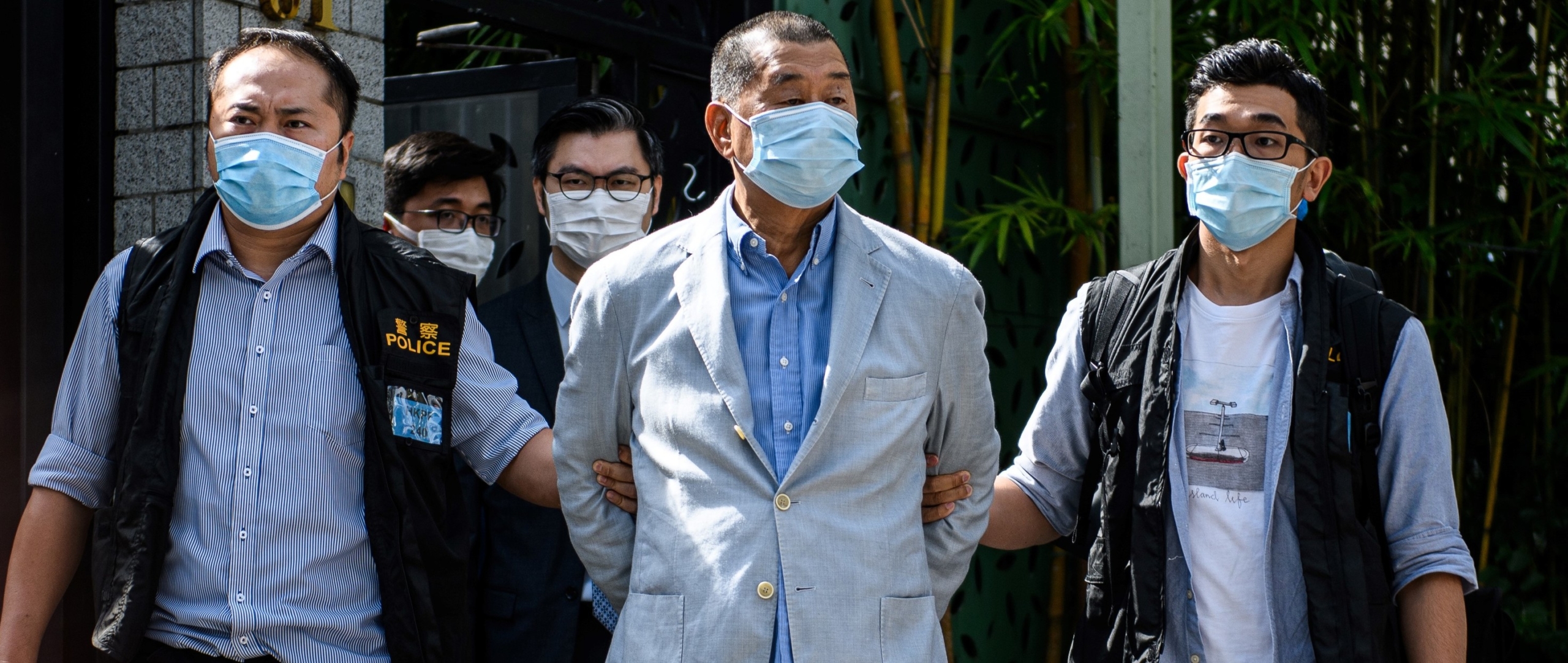Immigration experts say the process of gaining entry into the country isn’t as easy as many may think. There’s no so-called “line” to get in.
REYNOSA DÍAZ, Tamaulipas — It’s impossible to strip away the politics and feelings America has about immigration.
“It is such an American topic,” said Alex Nowrasteh, director of immigration studies at the Cato Institute, a Libertarian think tank which often agrees with conservatives or liberals, sometimes disagreeing with both. “We have this national mythology that I grew up learning, which was anybody around the world can come here and become an American if they want to.”
Nowrasteh says Congress closed what he calls the “golden door” long ago, starting with the Chinese, then Japanese, and the rest of Asia and Africa, gradually including Europeans and others in the Western Hemisphere.
“If we apply the immigration rules that we have today backwards in time, virtually none of my fellow Americans would be here today, because their ancestors would not have been able to legally immigrate here,” Nowrasteh said. “The asylum system along the border is not working very well. “But a lot of the asylum system has, in recent years, been a substitute for the nonfunctional guest worker visa program.”
“You often hear people say things like, ‘Why don’t they just get in line,’ or, ‘I’m for them if they just go through the legal process,’” said Aaron Reichlin-Melnick, policy counsel for American Immigration Council, a nonprofit and nonpartisan advocacy group. “But the reality is, for the vast majority of the world, there is no way to legally immigrate to the United States.”
“There are people who will be born and die in the amount of time it might take just to get a visa to come here to the United States,” Reichlin-Melnick added.
Visas aren’t widely available for a number of reasons. For one, some countries don’t have a U.S. consulate or embassy where a person can go apply for legal entry.
“This is one of the most effective ways that the Trump administration closed down immigration in 2020, was basically closing all these consulates around the world so that they can interview people, interview migrants,” Nowrasteh said. “The administration has been extremely slow in reopening these embassies and consulates around the world.”
‘A lot of people don’t have that possibility’
Marlene is from Honduras. She tried to cross the border into the U.S., but was expelled to Mexico.
Currently living in Reynosa, she told KENS 5 a visa to the U.S. was not available to her.
“For people with low economic resources, it’s very hard,” she said. “They look at us as thugs. A lot of people don’t have that possibility. They don’t qualify.”
“You cannot apply for asylum from your home country,” said Reichlin-Melnick. “Under U.S. law, the only way for a person to apply for asylum is to get onto U.S. soil.”
“When you talk to asylum-seekers at the border, the number one thing they often tell me is I want to do the right thing,” he added. “Many of them do not know that they are breaking any rules, when they ask for asylum, many of them would take another option if given to them. But the reality is the system is not set up to give them a better option.”
Congress has the power to change the system, but it remains unclear if and when lawmakers will agree on meaningful reform.
The U.S. also has limits on how many visas are issued to each country every year.
“It’s now been 30 years since we increased the level of immigration to the United States. And as a result, we have enormous backlogs that are leading to people being so desperate,” said Reichlin-Melnick.
“If you are a Mexican immigrant and you want to immigrate to the United States through your U.S.-citizen brother or sister, you may have to wait 20 to 30 years to do that. Other categories of immigrants face even longer waits,” Reichlin-Melnick said. “If you are an Indian national who is seeking to come here on an employment-based visa as a professional, you may end up having to wait a century to get a green card.”
“One of the best proven ways to reduce the number of people crossing the border illegally is to expand legal immigration,” said Reichlin-Melnick.



